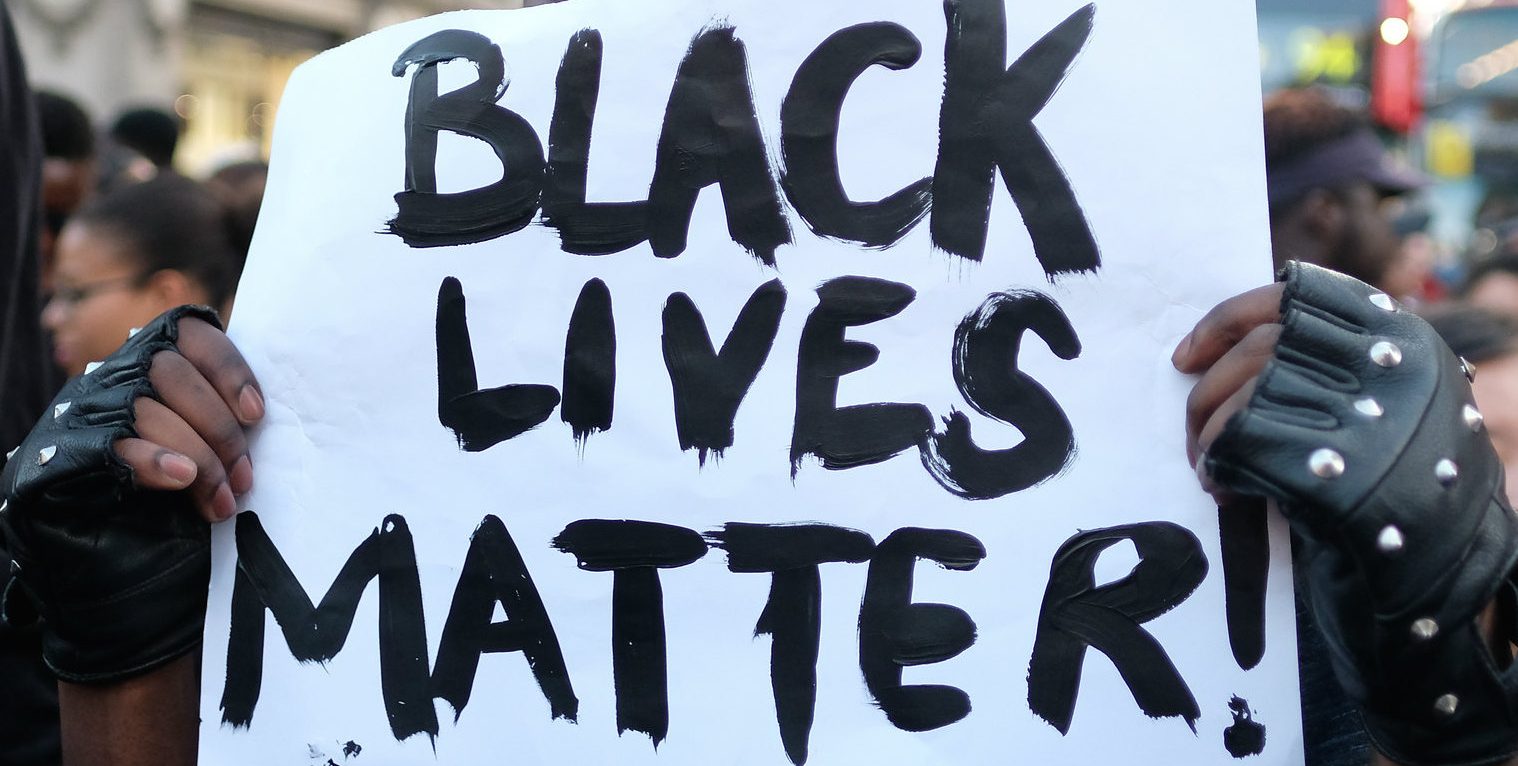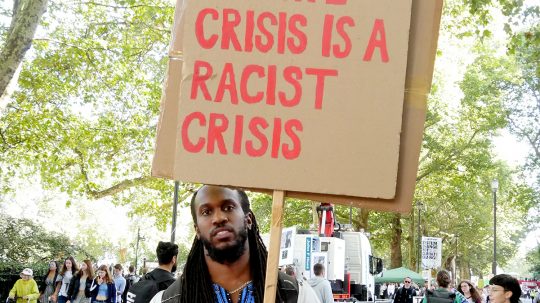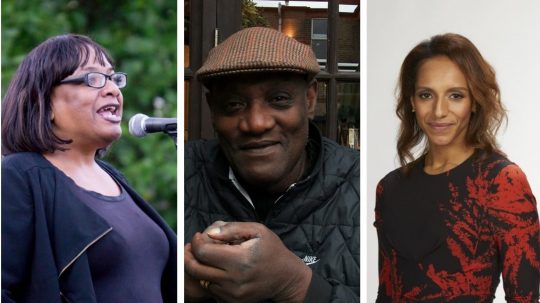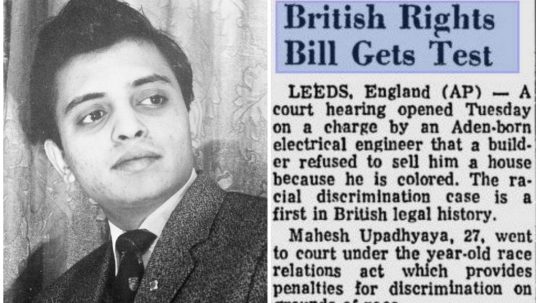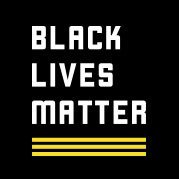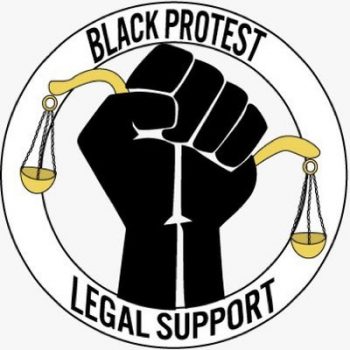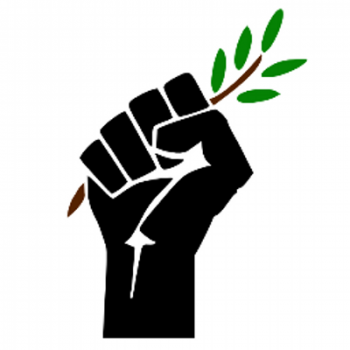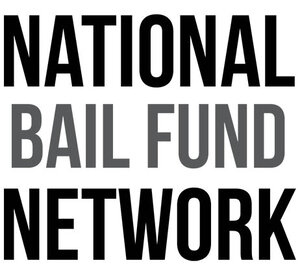Anti-racism protests are taking place across the UK to demand justice following the death of George Floyd, an unarmed black man killed in US police custody.
Since Floyd’s death on 25 May, waves of anti-racism protests have spread from Minneapolis – his home city – across the United States and around the globe. On Wednesday (3 June), huge crowds could be heard in London’s Hyde Park chanting “I can’t breathe” – the painful last words Floyd uttered as he lay on the ground while a white police officer knelt on his neck for more than eight minutes.
Protestors are calling for Floyd’s killers to be brought to justice and for an end to police brutality and systemic racism across the world.
The UK’s Black Lives Matter (BLM) coalition is not calling for protests but has said it will support people to stay safe amid the Covid-19 pandemic if they choose to join in demonstrations. In England and Wales, people from black communities have been disproportionately impacted by Covid-19, with ONS analysis finding that black people are four times more likely to die after contracting coronavirus than white people.
BLM has advised protestors to wear masks and to self-isolate if they have joined the crowds. It said that there is a “duty to keep our elders [and] vulnerable members of our community safe”.
As BLMUK we have agreed that while we are not calling for protests, we will support people to protest in a way that is safe for them, as well as for our communities. We have put together some resources to keep focused on your health and your freedom. #HydeParkProtest
— #BlackLivesMatterUK (@ukblm) June 3, 2020
It’s vital that those who choose to join the protests know their rights and how best to stay safe and healthy. For those who cannot or choose not to protest on the streets, there are many alternatives. Gal-dem magazine has published a feature on ways black people can take their resistance online; community organiser Tanya Compas has set up a fund to support LGBTQ+ black young people; and actor Obioma Ugoala has listed ideas in a Twitter thread ideas on how allies in the UK can take action.
Here, EachOther looks at the right to protest in England and how this is affected by emergency coronavirus legislation. Further down this article, Dr John Ndikum, an NHS doctor and a graduate of the Yale School of Public Health, shares his medical views.
Protests: ‘The black community is heavily over-policed’
In light of the anti-racist demonstrations, Ife Thompson, a Bar Professional Training Course (BPTC ) graduate, set up Black Protest Legal Support UK at the end of May.
More than 200 lawyers have already offered to provide pro bono legal support for the group, which has crowdfunded more than £25,000 in three days and is training dozens of legal advisors to support protestors on the streets.
Thompson said she set up the “black and brown-led” group with two aims: to make legal observing (where people monitor unlawful behaviour at public protests) more diverse; and to ensure that the black community has access to the support and rights that are available to everyone.
Thompson said that there would be around 30 legal observers trained by Black Protest Legal Support UK on the ground in London on Saturday and Sunday, who will be wearing high-vis jackets that state “Legal Observer” on them.
Black Protest Legal Support UK has also issued “bust cards” informing protestors of their rights, including advising protestors that they have the right to say “no comment” to all police questions and to not accept a police caution without receiving the advice of a solicitor from Commons Legal, HJA, Bindmans or BSB Solicitors. Green & Black Cross also has regional “bust cards“, and advises protestors to write the number of a solicitor and its Protest Support Line on their arms.
Please see our most up-to-date Digital Bust Cards!! These are the same ones we have printed out. Please share and save on your phones. pic.twitter.com/D4WHkJbKpl
— Black Protest Legal Support UK (@blkprotestlegal) June 3, 2020
“The black community is heavily over-policed – black people are 40 times more likely to be stopped and searched in the UK,” said Thompson, citing Home Office statistics analysed by Liberty last year. “It’s so important for these groups in particular, who are constantly subjected to disproportionate policing, to know their rights when they are going to protests.” Analysis shows that police were more than 50% more likely to issue fines to people from black, Asian and minority ethnicity (BAME) backgrounds during lockdown, and there have been allegations that the police have disproportionately targeted black people at the anti-racist protests.
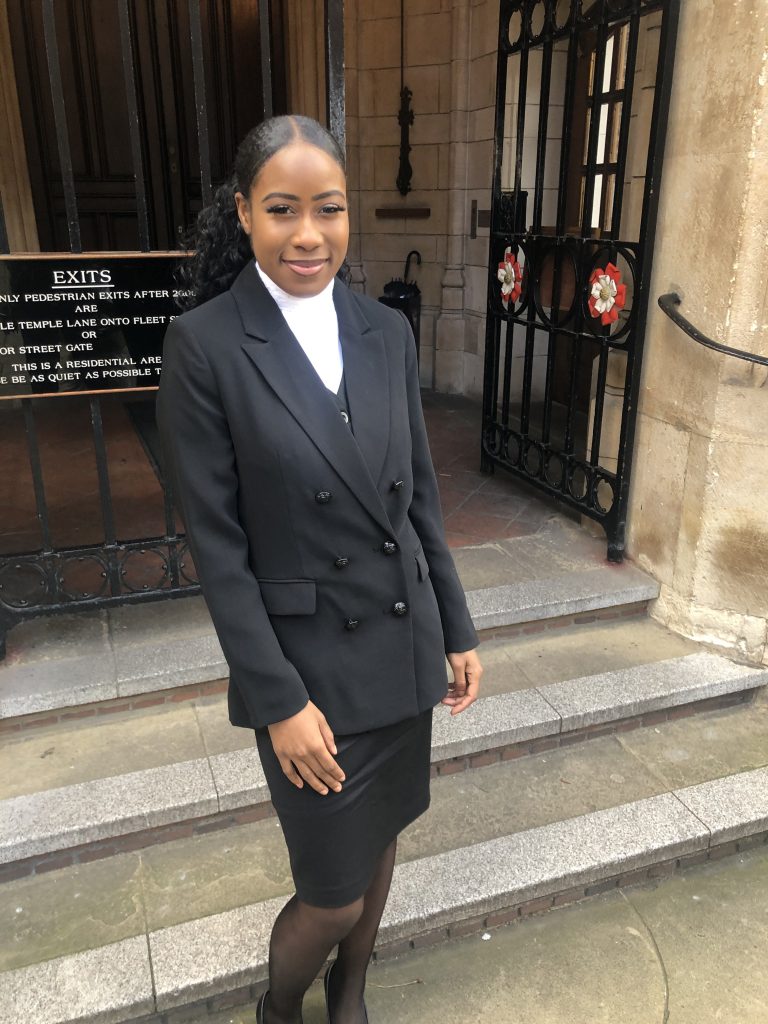
Ife Thompson, who set up Black Protest Legal Support UK. Credit: Courtesy of Ife Thompson
Does the lockdown impact on my right to protest?
Although the right to protest peacefully is enshrined under UK law, emergency legislation passed in England in response to the coronavirus pandemic restricts mass gatherings.
Audrey Mogan, a barrister at Garden Court Chambers, who is a lawyer for the Black Protest Legal Support Group, advised protestors to stay in groups of six or fewer so as to avoid being dispersed by police in accordance with the most recent amendments to the The Health Protection (Coronavirus, Restrictions) (England) Regulations 2020, enacted in March.
“Groups of more than six people who are not from the same household are not allowed to ‘gather’ together in a public place – that is something for people to keep in mind,” she said. “Keeping 2m apart is guidance but not the law, but in a public health emergency it is important for people to keep space between themselves.” Mogan stressed that, although police are allowed to use force, “any force that police use must be necessary and proportionate”.
Mogan said that the ECHR, incorporated in UK law under the Human Rights Act 1998, is important when considering if police can disperse protestors using the new coronavirus legislation. “[Police] have to show you’ve breached the regulations without a reasonable excuse. Reasonable excuse has to be read in line with your right to protest under Articles 10 and 11 of the European Convention on Human Rights,” she added. “It is not an unqualified right, the government can restrict your right to protest based on public health reasons – but that has to be necessary and proportionate.”
Staying safe amid the pandemic
From a medical perspective, there is an elevated risk of Covid-19 transmission at mass gatherings where it is difficult to observe physical distancing guidance.
Dr John Ndikum, a clinical research physician working in London, has published a video offering medical advice for protestors.
He said that people should be able to exercise their civil liberties but also warned that the Covid-19 crisis “is not yet over … so we must remain cautious and we must remain safe.”
Ndikum advised protestors to wear masks, to try to keep two-metres apart from anyone else to “reduce the risk” to yourself, and to stay at home if you have symptoms. “If you have symptoms, which can include a dry cough, fever, shortness of breath or loss of taste and loss of your sense of smell, then please self-isolate. Because that is contributing to a protest by keeping your fellow protestors safe.” He recommended that, if protestors have them at their disposal, they should also wear gloves, visors and hand sanitiser. The sanitiser should additionally be applied on the gloves if they are to be worn for a long time.
He also encouraged protestors to consider the health of others in their household. “If there is a family member who is high risk, who can be harmed by you bringing Covid-19 back into the household – I can’t tell you what to do, but what I would say is have a discussion with them. Is there a way that they can move out somewhere else? Is there a way that you can self-isolate?”
People who are clinically vulnerable to Covid-19 include those above the age of 70; anybody who is having chemotherapy or antibody treatment for cancer; anyone with diabetes; and those with severe lung conditions such as cystic fibrosis or severe asthma.
“Protesting isn’t just about the individual, but considering the effect on the collective,” he added. “So, I urge you, and I implore you, during this time, that while you exercise your civil liberties, please stay safe – to maintain your own health and the health of the communities that we’re all serving, as we protest and fight for justice, equality, equity and, more importantly, liberty.”

